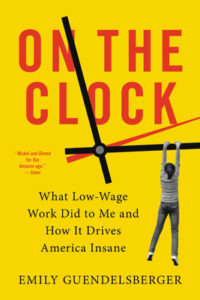by David Grann
A few weeks ago, I watched a YouTube video featuring amazing images of Mars that have been transmitted back to Earth. The high-definition pictures of the red planet’s barren landscapes held my interest for 15 minutes or so — and then it was time to move on to the next video. I’d seen enough.
Perhaps I’ve become jaded, or I’ve watched too many science-fiction movies.
It’s easy to forget how, for most of history, exploration was a rock-star pursuit that riveted the world. Long before YouTube, or even television, newspaper accounts of adventurers like Percy Fawcett mesmerized readers all over the globe.
David Grann (Killers of the Flower Moon) spent years researching the life, legend and disappearance of Fawcett, a British explorer who entered the Amazon basin in 1925 with two other expedition members — hoping to confirm the existence of the titular “Z” — and then never came back.
Did the Fawcett party fall victim to disease or to predators? Did a hostile tribe kill them? Grann’s exhaustive research (and even a trip to the Amazon, hoping to retrace Fawcett’s final excursion) fails to provide definitive answers.
That’s a problem. By the book’s conclusion, we still don’t know what became of the enigmatic, obsessed (I might say “bull-headed”) explorer. Nor, despite Grann’s best efforts and imagination, do we get conclusive answers about the mythical “city of Z.”
By the time I turned the last page, I was impressed by Grann’s achievement. I was intrigued by Fawcett and his exploits. But unlike those newspaper readers of a century ago, I was not enthralled.
I was ready for the next YouTube video.
© 2010-2024 grouchyeditor.com (text only)










